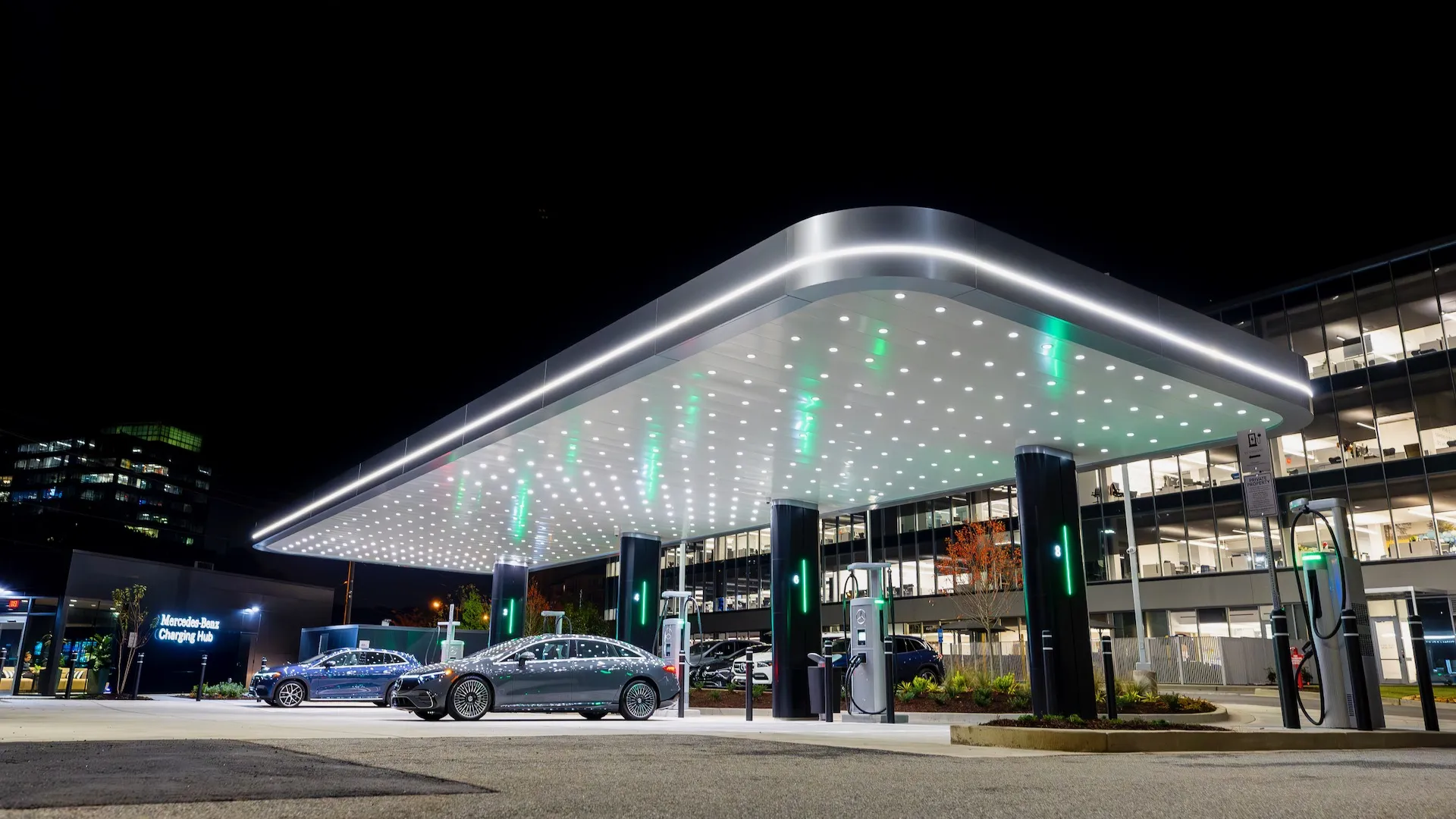Volta Trucks, the all-electric commercial vehicle manufacturer and services provider, has completed an initial life cycle assessment of the all-new 16-tonne Volta Zero.
The company appointed Global Environmental and Engineering specialist, Ricardo, to undertake a cradle-to-grave Life Cycle Assessment of its pre-production 16-tonne ambient cargo box all-electric Volta Zero. Manufacturers have previously published Life Cycle Assessment reports on production vehicles, but an assessment of a prototype vehicle is understood to be an industry first and aligns with the brand’s vision to be the industry leader in zero-tailpipe emission commercial vehicles and its commitment to transparent communication of its sustainability efforts.
The Life Cycle Assessment examined the carbon footprint of the 16-tonne all-electric Volta Zero from when it’s produced to when it is recycled and disposed of after use, identifying which parts of that lifespan have the greatest impacts and potential opportunities for improvement.
The preliminary analysis summarised that charging the vehicle during its customer use phase is the largest contributor to the total lifetime emissions at 62%. Material extraction and the processing phase were the next major contributors at 33%.
Volta Trucks will now use this report to identify potential sustainability improvements across all areas of the business and with future product vehicle and manufacturing plans. Volta Trucks will continue to drive down supply chain emissions and ways to increase the lifespan of the trucks and batteries, and will also conduct a further full Life Cycle Analysis on a full-series production vehicle when possible.
Dr. David Amienyo, Sustainability Principal at Volta Trucks, commented: “For Volta Trucks to publish a life cycle assessment so early in the pre-production phase is testament to the transparency we’re giving our sustainability efforts. We are now using the findings from this preliminary analysis to further improve the production specification vehicles to deliver on our ambitions of creating the most sustainable product possible to help combat climate change.”










